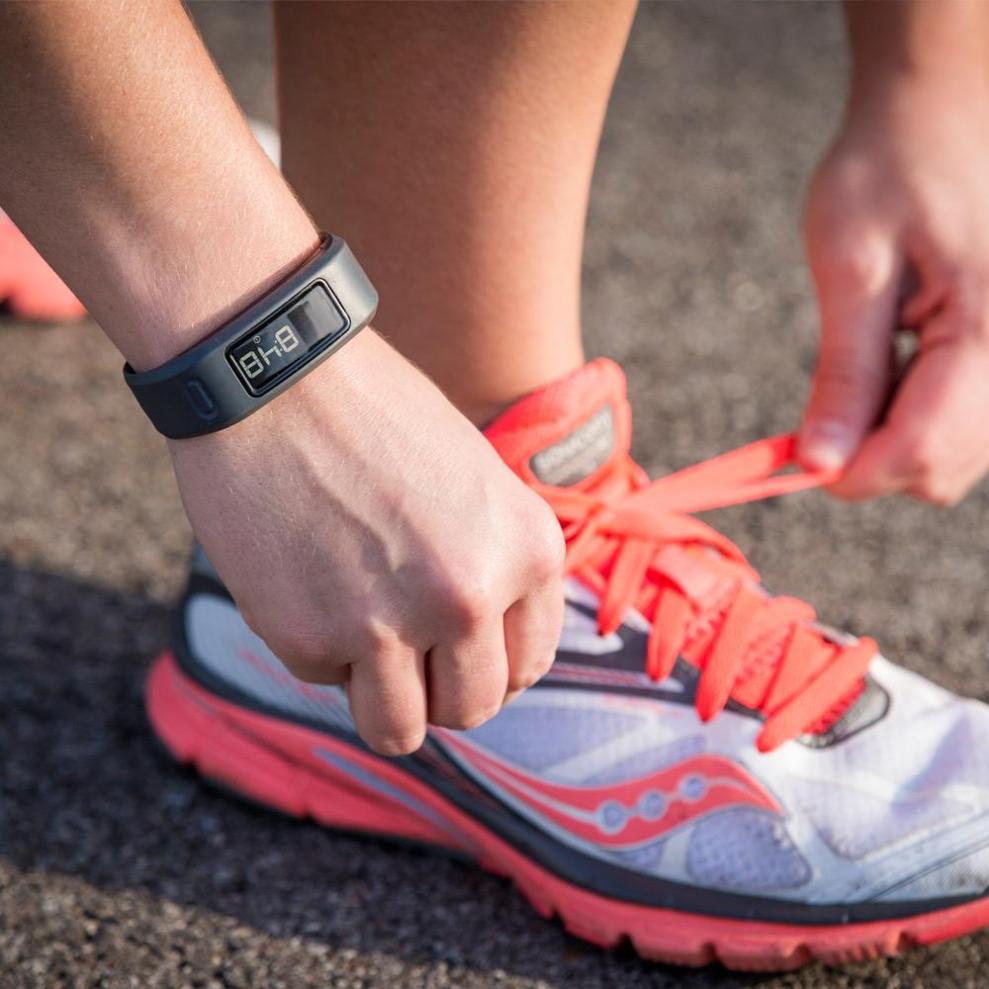What Are the Pros and Cons of Using Fitness Apps and Trackers?
Fitness apps and trackers have become increasingly popular in recent years, offering a range of features to help users monitor their fitness goals and progress. While these tools can be valuable for promoting healthy habits, it's important to consider both the pros and cons before incorporating them into your fitness routine.

Pros Of Using Fitness Apps And Trackers:
Tracking And Monitoring Fitness Goals:
- Fitness apps and trackers allow users to set specific fitness goals, such as weight loss, increased physical activity, or improved endurance.
- They provide real-time feedback on progress, helping users stay motivated and accountable.
- Tracking progress can help users identify areas where they need to improve and make adjustments to their fitness routine.
Data Collection And Analysis:
- Fitness trackers collect various fitness metrics, including steps taken, calories burned, heart rate, and sleep patterns.
- These apps generate detailed reports and insights into fitness progress, helping users understand their performance and identify trends.
- The data collected can be used to identify areas for improvement and make informed adjustments to workout plans.
Personalized Workout Plans:
- Many fitness apps offer personalized workout plans based on individual goals, preferences, and fitness levels.
- These plans provide guidance on exercises, repetitions, sets, and rest periods, ensuring a structured and effective workout routine.
- The plans can be adjusted based on progress and feedback, allowing users to continually challenge themselves and progress towards their goals.
Social Connectivity And Motivation:
- Fitness apps often integrate with social media platforms, allowing users to share their progress and achievements with friends and family.
- This social connectivity can provide motivation and encouragement, helping users stay on track with their fitness goals.
- Some apps also offer features for connecting with like-minded individuals, creating a supportive community for fitness enthusiasts.
Cons Of Using Fitness Apps And Trackers:
Accuracy And Reliability:
- The accuracy of data collected by fitness trackers can vary depending on the device, placement, and user input.
- Factors such as device placement, user movement, and environmental conditions can affect the accuracy of readings.
- This can lead to false readings and misinterpretation of progress, potentially discouraging users or providing inaccurate feedback.
Privacy And Data Security Concerns:
- Fitness apps and trackers collect personal data, including activity levels, heart rate, and sleep patterns.
- Concerns have been raised about data sharing and misuse by third parties, particularly in cases where apps are not transparent about their data policies.
- It's important to understand the privacy policies and data protection measures of fitness apps before using them to ensure that personal data is handled responsibly.
Over-Reliance And Addiction:
- Excessive use of fitness apps and trackers can lead to obsessive behavior and an unhealthy focus on fitness.
- Individuals may become overly reliant on these tools, neglecting other aspects of health and well-being, such as mental health, nutrition, and social interactions.
- There's a risk of developing an unhealthy relationship with exercise, where self-worth becomes tied to fitness achievements, potentially leading to burnout and disordered eating.
Cost And Accessibility:
- Some fitness apps and trackers can be expensive, creating a barrier to access for individuals with limited resources.
- Additionally, certain fitness trackers may not be suitable for individuals with disabilities or specific health conditions.
- This can create a digital divide in fitness tracking, where those with the means and resources have access to advanced fitness technology, while others are left behind.
Fitness apps and trackers can be valuable tools for promoting healthy habits and tracking progress towards fitness goals. However, it's important to use these tools responsibly and in moderation. Consider your individual needs, preferences, and limitations when choosing a fitness app or tracker. Be mindful of potential accuracy issues, privacy concerns, and the risk of over-reliance. Use these tools as a complement to a balanced and holistic approach to health and fitness, rather than letting them dictate your entire fitness journey.
YesNo

Leave a Reply